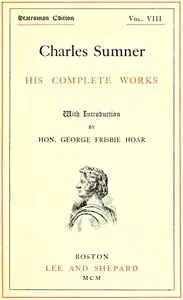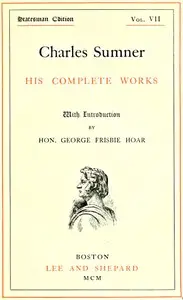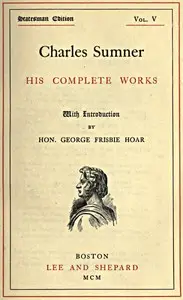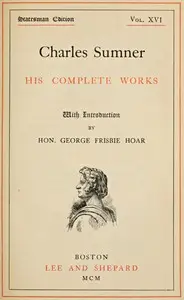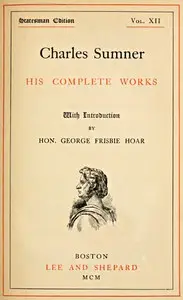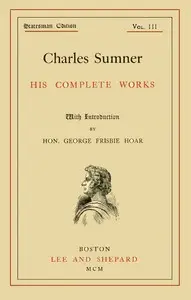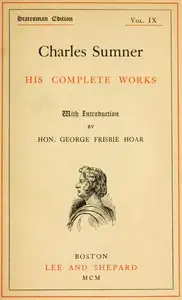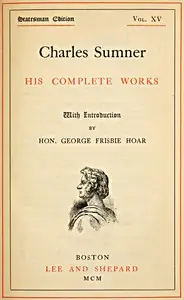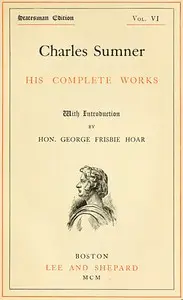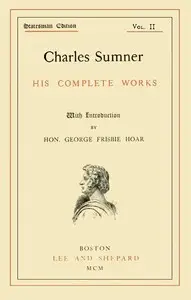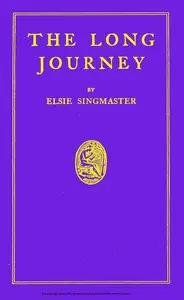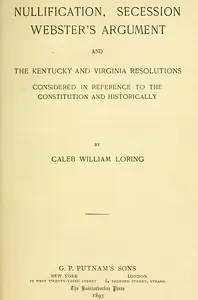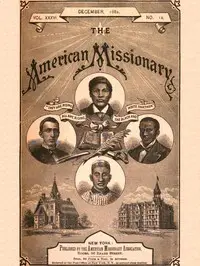"Charles Sumner: His Complete Works, Volume 10" by Charles Sumner is a historical record showcasing the author's speeches and writings from the Civil War era, highlighting foreign relations, slavery, and America's moral duties during the conflict. Sumner, a well-known abolitionist and senator, champions human rights and condemns slavery through this volume filled with discourse, starting with his 1863 speech at Cooper Institute, where he warns about the threats England and France pose to American independence during the Civil War. He examines the Union's precarious position amid foreign powers potentially recognizing the Confederacy and supporting slavery, which criticizes both British and French governmental actions, affirming that any backing of the Confederacy undermines liberty and civil rights.
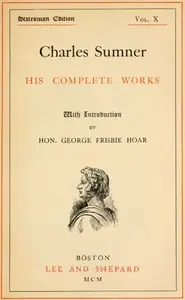
Charles Sumner: his complete works, volume 10 (of 20)
By Charles Sumner
In a nation divided, a senator's powerful words expose foreign threats and champion freedom against the backdrop of civil war and international complicity.
Summary
About the AuthorCharles Sumner was an American lawyer, politician, and statesman who represented Massachusetts in the United States Senate from 1851 until his death in 1874. Before and during the American Civil War, he was a leading American advocate for the abolition of slavery. He chaired the Senate Foreign Relations Committee from 1861 to 1871, until he lost the position following a dispute with President Ulysses S. Grant over the attempted annexation of Santo Domingo. After breaking with Grant, he joined the Liberal Republican Party, spending his final two years in the Senate alienated from his party. Sumner had a controversial and divisive legacy for many years after his death, but in recent decades, his historical reputation has improved in recognition of his early support for racial equality.
Charles Sumner was an American lawyer, politician, and statesman who represented Massachusetts in the United States Senate from 1851 until his death in 1874. Before and during the American Civil War, he was a leading American advocate for the abolition of slavery. He chaired the Senate Foreign Relations Committee from 1861 to 1871, until he lost the position following a dispute with President Ulysses S. Grant over the attempted annexation of Santo Domingo. After breaking with Grant, he joined the Liberal Republican Party, spending his final two years in the Senate alienated from his party. Sumner had a controversial and divisive legacy for many years after his death, but in recent decades, his historical reputation has improved in recognition of his early support for racial equality.

